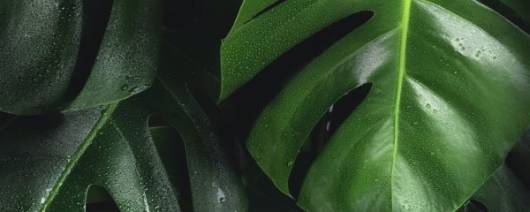
- Functions:Cleansing Agent
- CAS Number:84929-31-7
- INCI Name:Citrus Limon (Lemon) Peel Oil
- Ingredient Origin:Non-Animal Origin, Natural Origin, Plant Origin
- Certifications & Compliance:Nagoya Compliant, FDA Compliant, USDA Certified, Organic Certified
- Benefit Claims:Cleaning, Moisturizing, Non-Irradiated, Detoxifying, High Purity, Blemish Control, Purifying, Energizing, Cleansing
Conventional or organic available With a strong, clean, purifying citrus scent, Lemon Oil is light and refreshing, with many uplifting benefits for the mind, body and soul. The word lemon is derived from the Arabic laymun and Persian limun (words, which were generic terms for all citrus fruit). The exact origin of the lemon has remained a mystery, though it is widely presumed that lemons first grew in India, northern Burma, and China. In South and South East Asia, it was known for its antiseptic properties and it was used as an antidote for various poisons. The Arab conquerors took the Lemon with them around the Mediterranean basin introducing it around AD 1000 and 1200 into Sicily, Spain and North Africa where it quickly adapted to the Mediterranean climate. The fruit was well known in Europe by the middle ages, and Greeks and Romans were advocates of its therapeutic properties. Lemon essential oil reached the height of its fame when the British began using the citrus fruit to counteract the effects of scurvy. It was introduced to Australia by the Early Settlers. It is extracted from the fresh fruit peel by cold expression. Lemon oil blends well with many other essential oils making it a popular oil for herbalists and those who practice the healing art of aromatherapy.